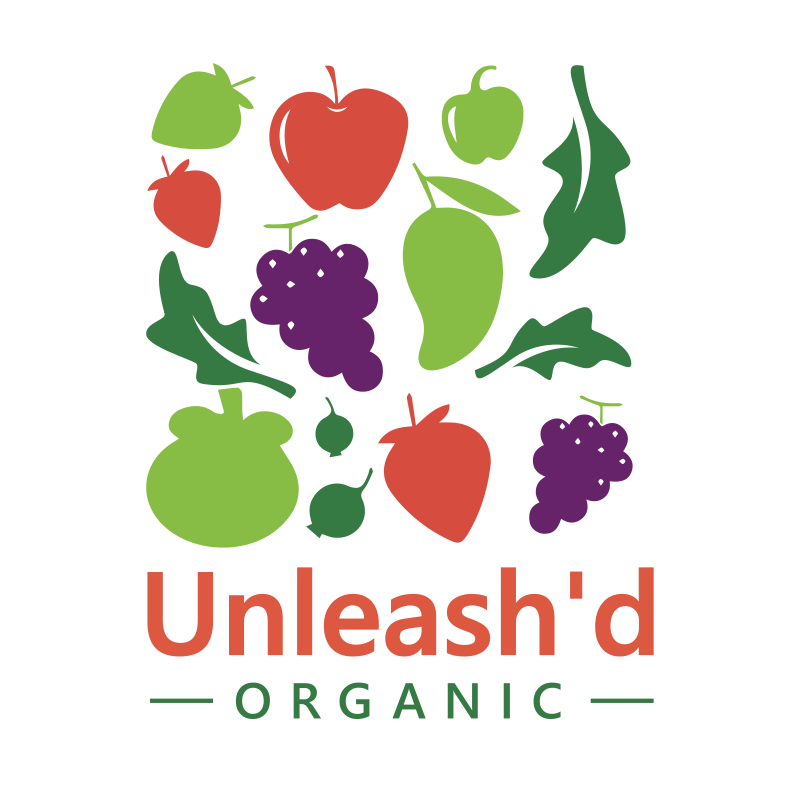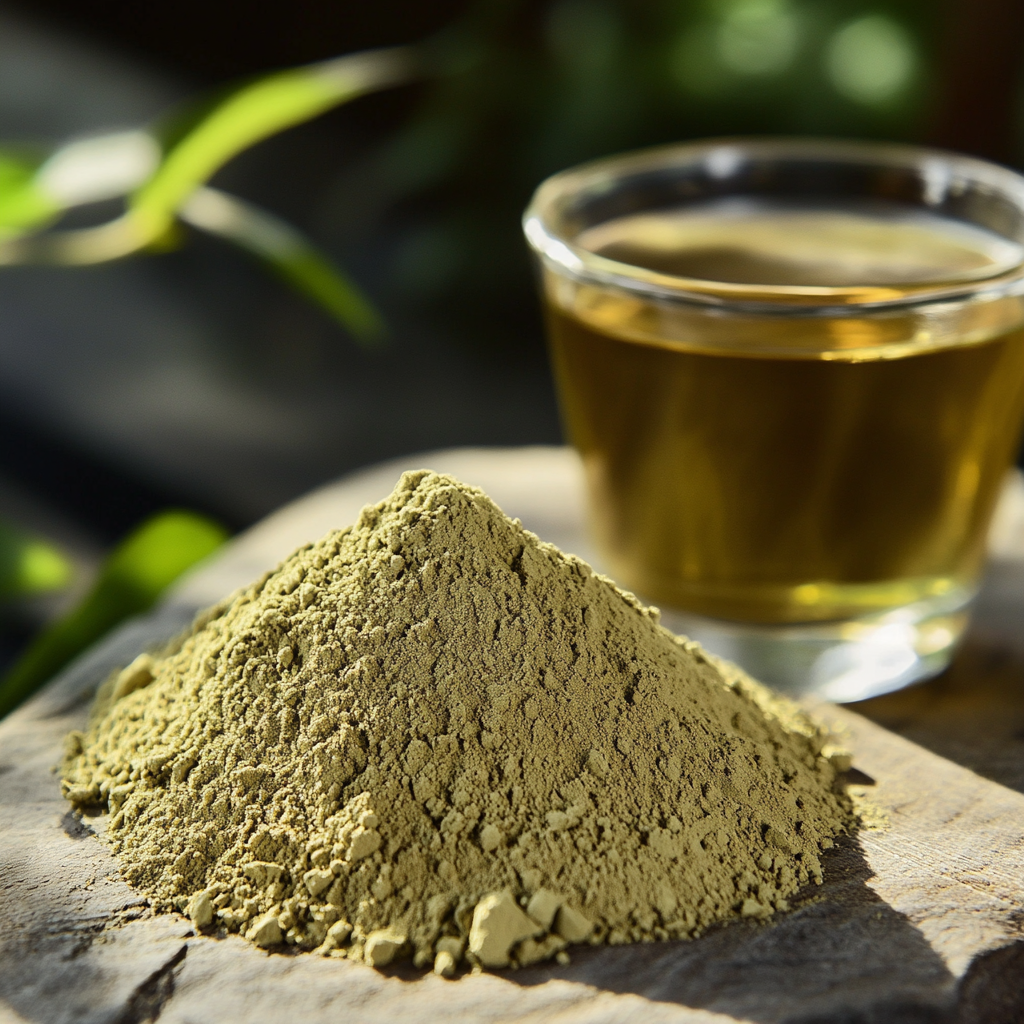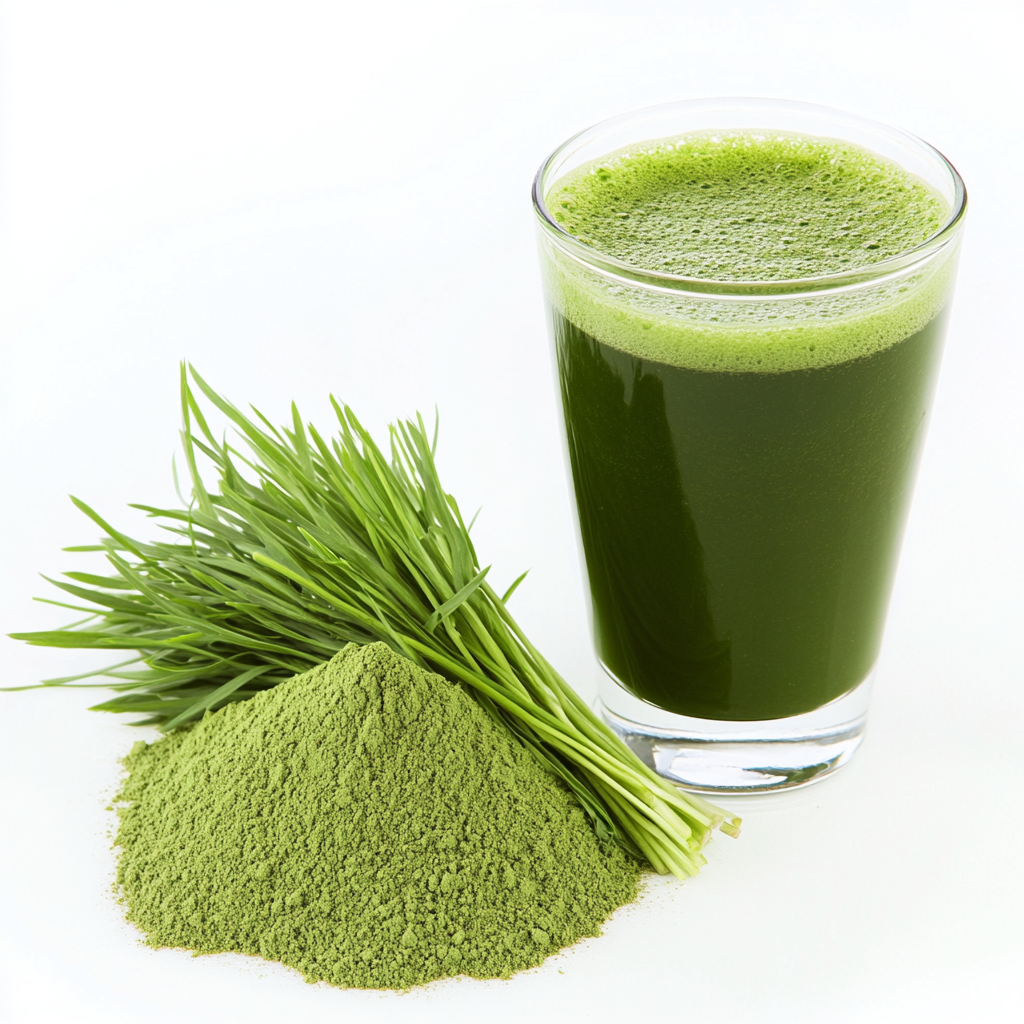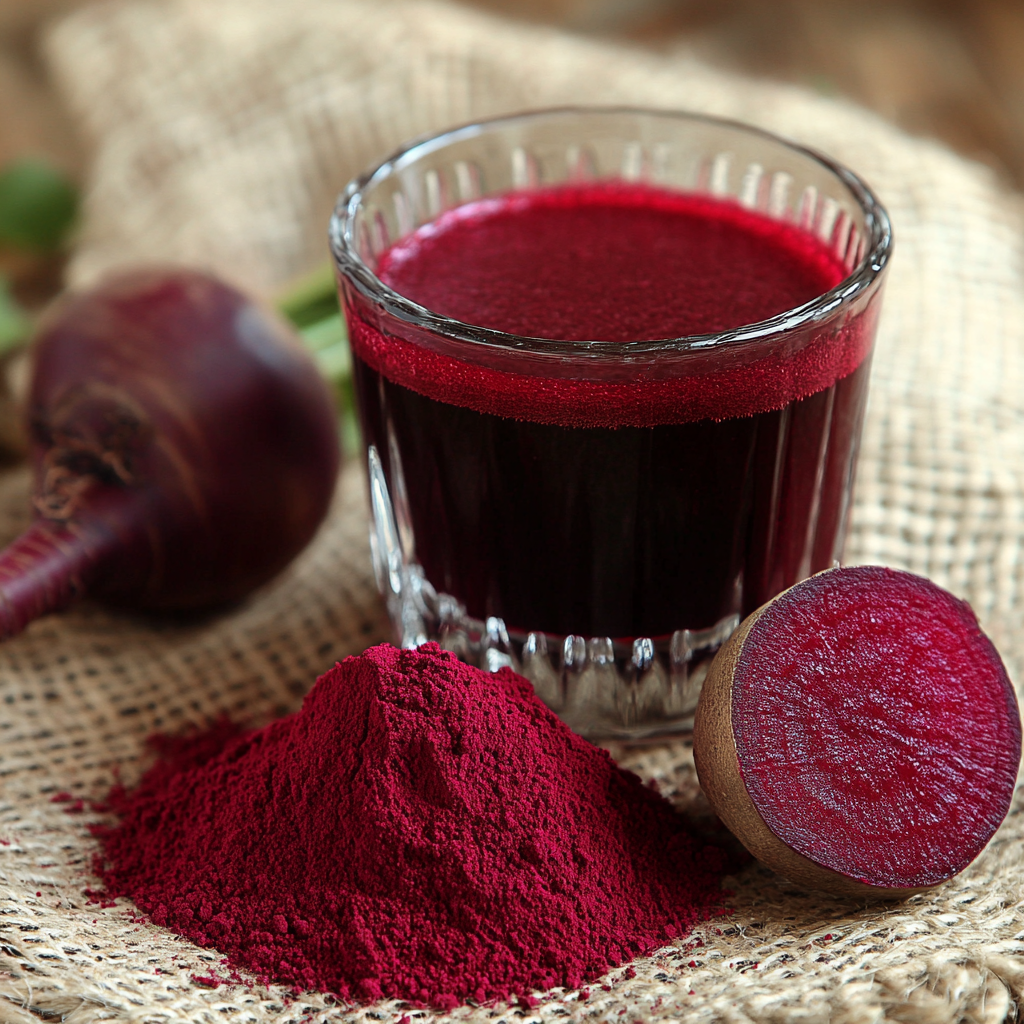Attention-Deficit/Hyperactivity Disorder (ADHD) is a neurodevelopmental condition that affects millions of people worldwide, especially children and adolescents. ADHD diagnoses have been on the rise in recent decades. Characterized by symptoms like inattention, hyperactivity, and impulsivity, ADHD can make everyday tasks challenging. As interest in natural remedies grows, many people are turning to herbal supplements as alternative or complementary treatments. One such natural supplement gaining attention is Ginkgo biloba. But can it truly help with ADHD? Let’s explore the benefits, scientific evidence, and practical considerations of using Ginkgo biloba for ADHD.
What Is Ginkgo Biloba?
Ginkgo biloba, often referred to as the maidenhair tree, is one of the oldest tree species in the world. Native to China but also cultivated in India and other regions, ginkgo has been used in traditional medicine for centuries. It is classified as a natural supplement and is widely available in various forms, including extracts, capsules, teas, and juices.
Rich in flavonoids and terpenoids, ginkgo is known for its potent antioxidant and anti-inflammatory properties. These compounds contribute to its role in enhancing cognitive function, improving blood circulation, and potentially supporting brain health.
How Can Ginkgo Benefit ADHD?
Many natural supplements have been studied for their potential effects on ADHD, including omega-3 fatty acids, zinc, magnesium, and in recent years essential oils administered topically. Ginkgo biloba, however, stands out due to its unique ability to enhance brain function in several ways:
· Improved Blood Circulation: Ginkgo promotes blood flow to the brain, ensuring oxygen and nutrients reach neurons more effectively. This may aid in focus and concentration, key challenges for individuals with ADHD.
· Cognitive Enhancement: Research suggests that ginkgo supports memory and cognitive performance, which could be beneficial for individuals struggling with forgetfulness and mental fatigue.
· Neurotransmitter Regulation: Some studies indicate that ginkgo affects dopamine and norepinephrine levels—two neurotransmitters closely linked to ADHD symptoms.
Comparing Ginkgo with Other Natural ADHD Supplements
While ginkgo offers cognitive benefits, it is often combined with other natural supplements for enhanced effects:
· Omega-3 Fatty Acids: Known for improving brain function and reducing hyperactivity.
· Zinc: Supports neurotransmitter function and may help reduce impulsivity.
· Magnesium: Aids in relaxation and may reduce ADHD-related anxiety and restlessness.
Scientific Research and Evidence
Several studies have explored the effects of ginkgo on ADHD, with promising but mixed results.
A study published in Phytomedicine found that ginkgo extract improved attention and reduced impulsivity in children with ADHD when used alongside standard treatments. Another clinical trial compared ginkgo’s effectiveness to methylphenidate (Ritalin), a common ADHD medication. While ginkgo showed some benefits, it was not as potent as pharmaceutical treatments. However, its fewer side effects make it an attractive option for those seeking a natural alternative.
The effectiveness of ginkgo is attributed to its high concentration of flavonoids and terpenoids, which provide antioxidant protection and support brain cell function. Additionally, its ability to enhance blood circulation may play a role in improving focus and cognitive performance.
How to Use Ginkgo for ADHD
If you’re considering trying ginkgo for ADHD, here are some best practices:
· Consult your Physician: First and foremost, always discuss any new supplements or natural treatments with your physician.
· Recommended Dosage: Typical doses range from 80 mg to 240 mg per day, depending on the extract concentration. It’s best to start with a lower dose and adjust as needed.
· Best Ways to Take It: Ginkgo is available in capsules, extracts, powder, teas, and juices. Capsules and standardized extracts are preferred for consistent dosing.
· Safety Tips: While ginkgo is generally well-tolerated, some people may experience mild side effects like dizziness, stomach upset, or headaches.
· Combining with Other Treatments: Ginkgo may be used alongside behavioral therapies, dietary changes, or other natural supplements for better results.
Are There Any Risks or Side Effects?
While ginkgo is considered safe for most people, certain groups should exercise caution:
· Who Should Avoid It? Individuals with bleeding disorders or those taking blood-thinning medications should avoid ginkgo, as it can increase bleeding risk.
· Potential Drug Interactions: Ginkgo may interact with anticoagulants, antidepressants, and other medications. Always consult a healthcare provider before starting any new supplement.
· Consulting a Doctor: Since ADHD is a complex condition, once again, professional guidance is essential when incorporating supplements into a treatment plan.
Conclusion
Ginkgo biloba offers promising cognitive benefits that may help individuals with ADHD improve focus, memory, and mental clarity. While it is not a cure, it can be a valuable addition to a well-rounded ADHD management plan.
If you’re looking for a natural way to support brain health, consider trying Unleash’d Organic’s ginkgo biloba powder. As with any supplement, consult a healthcare professional to determine if it’s the right choice for you.
Frequently Asked Questions (FAQ)
1. How long does it take for ginkgo to work? Effects may be noticeable within a few weeks, but for full cognitive benefits, consistent use for several months is recommended.
2. Can children take ginkgo for ADHD? Some studies suggest it may be beneficial, but always consult a pediatrician before giving supplements to children.
3. Is ginkgo better than ADHD medication? Ginkgo is not as potent as prescription medications and it may be a useful complementary option with fewer side effects.
4. Can I take ginkgo with coffee? Yes, but excessive caffeine intake may increase jitteriness in some individuals.
Ginkgo biloba remains a fascinating supplement with the potential to support ADHD management naturally. As research continues, its role in cognitive health will become even clearer. If you’re interested in harnessing the power of ginkgo, start with high-quality organic extracts or powders and monitor your progress closely.




Leave a comment
This site is protected by hCaptcha and the hCaptcha Privacy Policy and Terms of Service apply.